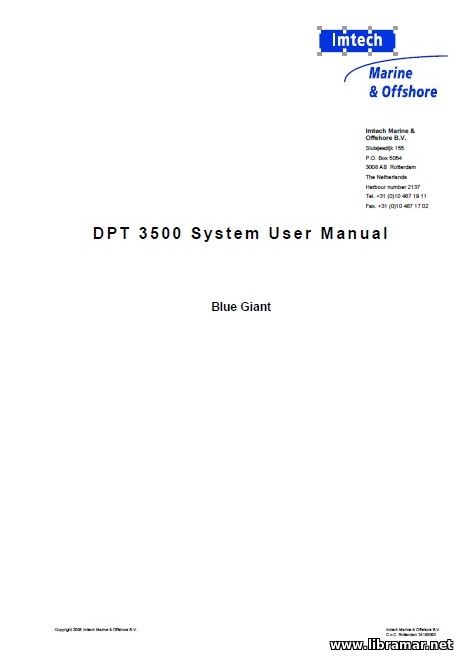DIGITALIZATION OF MARITIME SUPPLY CHAINS

| Author(s) | Various Authors |
| Publisher | KEDGE Business School |
| Date | 2001 |
| Pages | 41 |
| Format | |
| Size | 2 Mb |
| D O W N L O A D | |
Globalization and advancements in transportation technology, like containerization and integrated logistics, have significantly changed the roles of shipping and ports in supply chains and reshaped freight distribution. The surge in international trade has transformed the maritime industry, driving deregulation, liberalization, and heightened competition.
The rise of business-to-business relationships and integrated supply chains has led to major shifts in world trade and cargo transport. This is evident in the growing demand for value-added logistics services and the integration of different transportation modes, like intermodal transport. In today’s maritime industry, survival depends on shipping companies and port/terminal operators providing high-quality logistics services, including digital solutions and efficient transport/logistics integration.
Inspired by companies like Uber, Amazon, and Airbnb, customers worldwide now expect services and products tailored to their individual needs. They also demand faster delivery and are less tolerant of errors. Furthermore, brand loyalty is declining, which makes supplier changes more common. Companies that best serve customer needs will thrive in this environment.
This leads to increased volatility of demand, a greater variety of available products, and compels businesses to adopt strategies suitable for global presence. This geographical expansion creates greater complexity. This requires a broader and more adaptable supply chain, which is achieved through coordinated production and distribution of finished goods.
The "Read Later" function allows you to add material to this block with just one click. Just click on the icon and read the articles that interest you at any convenient time.


